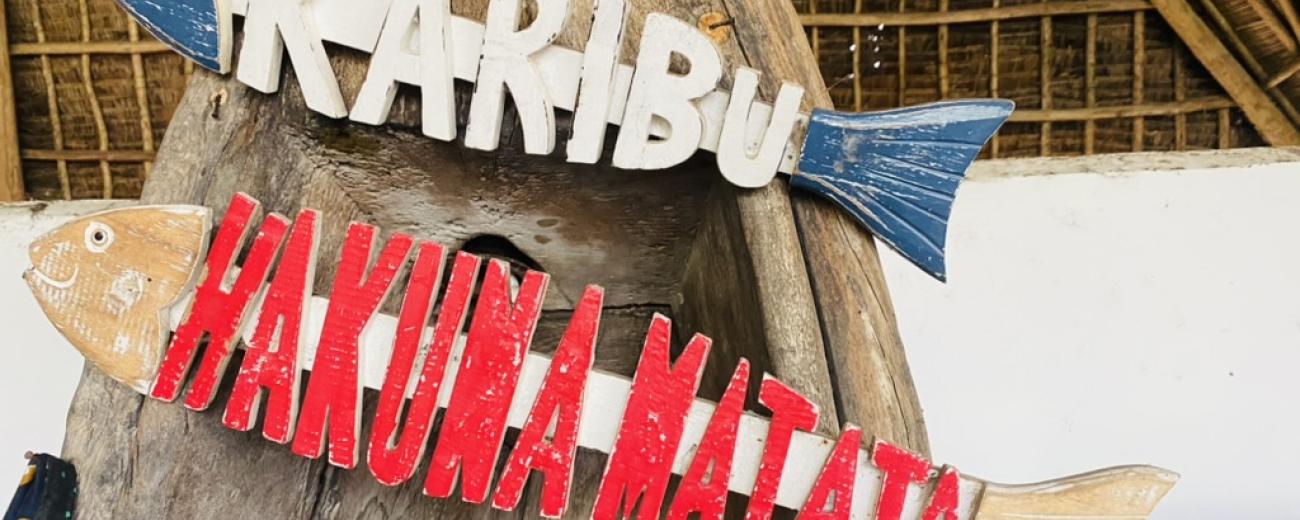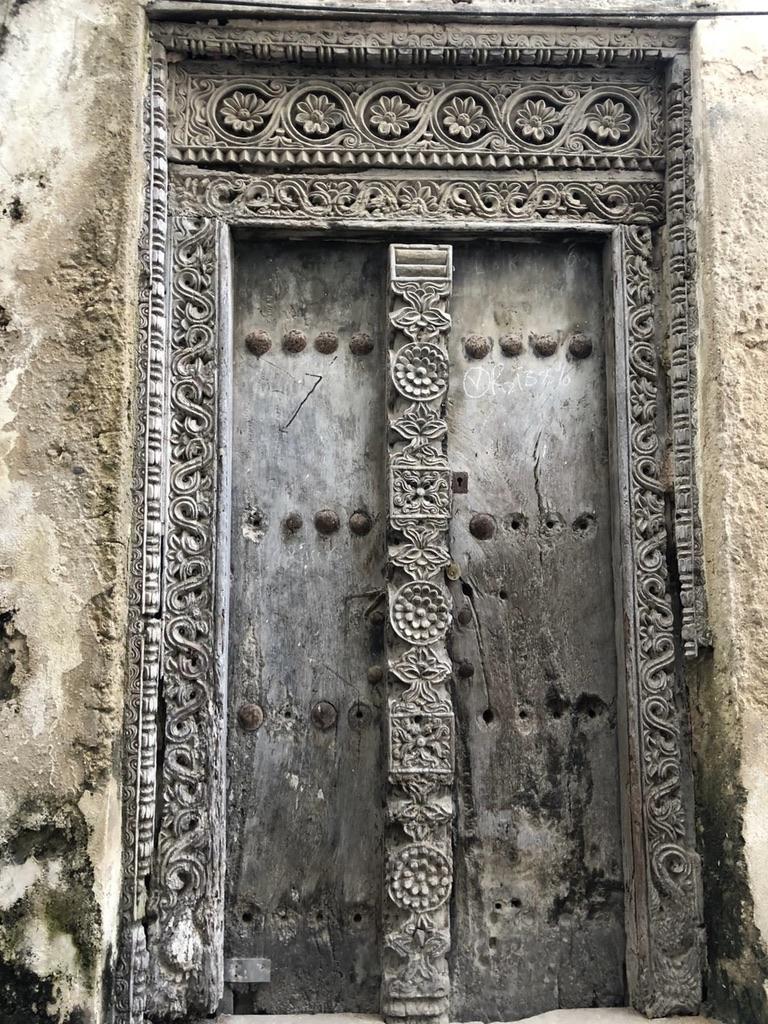Variation in Swahili: contact, change and identity


Variation in Swahili: contact, change and identity investigates different ways in which Swahili is spoken, how its varieties are influenced by other languages, and what this means for speakers and their identities.
The project brings together researchers from the University of Dar es Salaam, the University of Essex, Kenyatta University and SOAS and explores dialectal variation in the Bantu language Swahili. Swahili is spoken by more than 100 million people across East Africa, where the language has long played an important role as a regional lingua franca. In the present-day, Swahili is spoken in Tanzania, Kenya, Uganda, DRC, Burundi and Rwanda, as well as parts of Zambia and northern Mozambique.
Because of its wide geographic and demographic reach, there are different ways in which Swahili is spoken and how it is used. This project explores this variation further and seeks to advance our understanding of structural variation found in Swahili and examine the effects of language function and speaker identity on this variation.
We focus specifically on present-day morphosyntactic variation, and pay close attention to language contact and the multilingual ecologies in which Swahili is used, as well as to the role Swahili plays for the construction and negotiation of speakers’ and communities’ identities.





